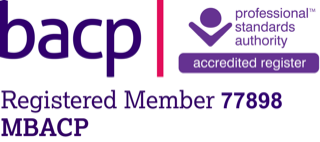
Help for anxiety Hampshire, Chandlers Ford.
What is anxiety?
Sometimes we do not know it is anxiety, naturally much focus is on the symptoms, for example, difficulty sleeping, a dry mouth, nervousness or the fear of panicking and avoiding certain situations. We then learn that these symptoms can be labelled as anxiety and in medical terms they can be called anxiety disorders. To help understand more about anxiety we have provided descriptions about what anxiety is and the various types of anxiety.
Anxiety is a normal response, it is there as part of human evolution, to be able to deal with real danger appropriately and is something that everyone experiences at different times and with varying intensity. So anxiety is helpful when you can react to situations effectively. Anxiety becomes unhelpful when everyday or specific situations that are not a danger are evaluated consciously or subconsciously as a threat. This can lead to feelings of worry, nervousness and unease and you may know or may not know the reasons for feeling this way.
From knowledge, continual research and diagnosis, anxiety has been developed into various categories. Below are a number of these variations, clicking on them will provide further information for you. In addition to the right there is a running list of the main types of anxiety symptoms that can be experienced and at varying degrees.
It could be from reading all this information and the signs and symptoms of anxiety that you are beginning to notice particular patterns, it is also OK if you are not aware of any patterns forming and are just aware of any disturbing or disruptive experiences.
In either case if you are experiencing any of the above or are worried about your psychological health and personal safety, please always consult with with GP first and you can contact the London Anxiety Clinic for a free 30 minute telephone consultation.
There also also a number of support lines available :
NHS Emergences for urgent help and attention. Call the emergency number of 999. An operator will answer.
For non urgent enquiries,or advice and health, the NHS out of hours service can be called on 111.
For people that are experiencing severe distress, or suicidal thoughts, the Samaritans operate a confidential helpline 24 hours each day. They can be contacted on 08457 90 90 90.








